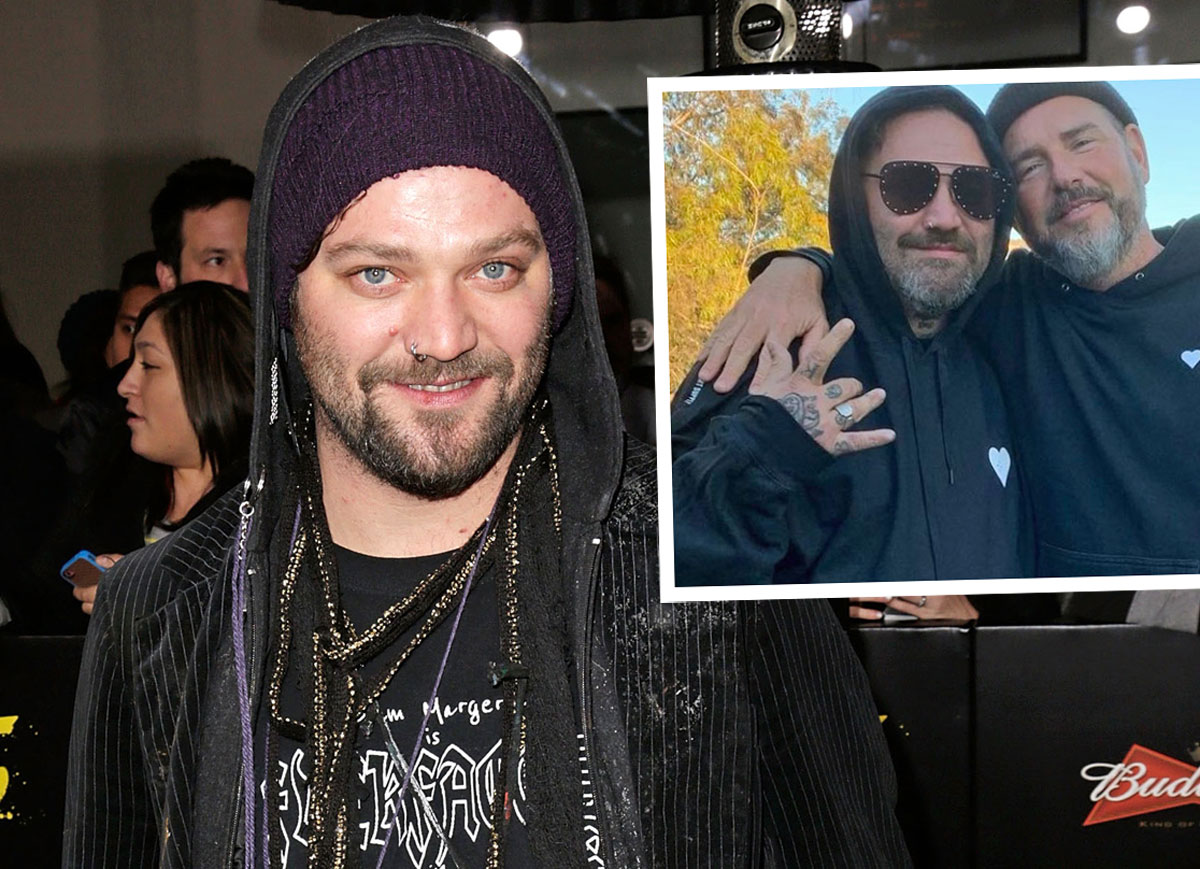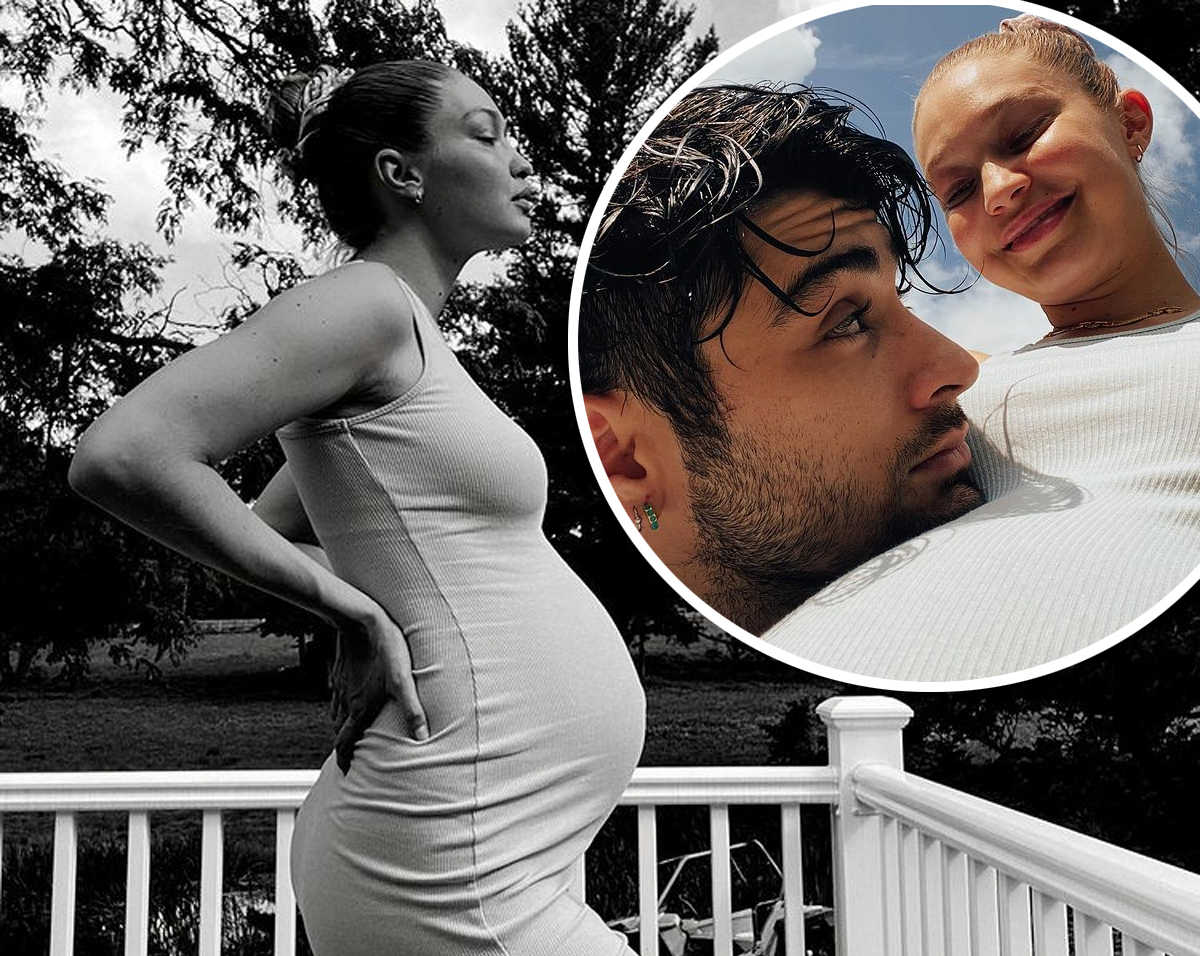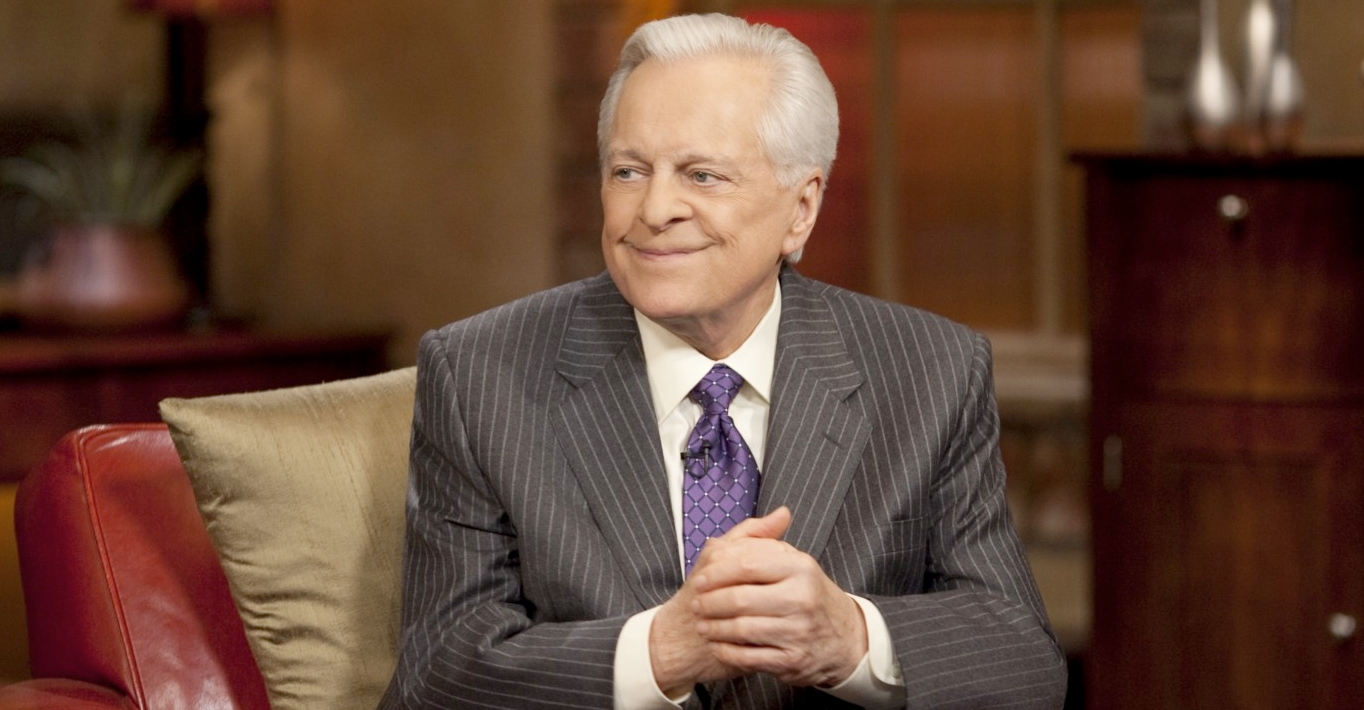#How ‘Armageddon Time’ Star Anne Hathaway Prepared to Play Director James Gray’s Mother in Semi-Autobiographical Film

Table of Contents
How ‘Armageddon Time’ Star Anne Hathaway Prepared to Play Director James Gray’s Mother in Semi-Autobiographical Film
Anne Hathaway knew James Gray’s script for his semi-autobiographical film Armageddon Time, in which she plays a version of the director’s own mother, was special. But it was five specific words that really sold her on wanting to take on the role.
“When I heard ‘James Gray, age-appropriate part,’ I was like, ‘Say yes, we’ll figure out the details later,’ ” Hathaway tells The Hollywood Reporter. “And then I read it and I found it a piece of searing honesty. It’s a film about moral regret and the parallels that he draws between 1980 and 2022. All of it just really spoke to me: the intelligence, the humor, the warmth, the sadness, the violence, all of it. I just thought, ‘This is really, really rare.’ And I met with him, and after a few meetings, and a little bit of time, he decided that I was going to play the part.”
The film, which also stars Jeremy Strong, Jaylin Webb, Banks Repeta and Anthony Hopkins, is set in Queens in the early 1980s, while the country is going through ominous political changes. It follows Jewish American student Paul Graff (Repeta) as he learns about white privilege and racism while also finding himself at odds with his parents, played by Hathaway and Strong.
Hathaway talks to THR about why her scenes with Hopkins made her nervous, whether she was hesitant to play a Jewish woman and what it was like starring opposite Strong.
Why do you think your performance, which has been critically acclaimed, resonates with so many people?
Something that links us all is the fact that we all were children. If you’ve made it to adulthood, then that means you were a child. And then there are a million complications to that linking us, too, but when I think about the film, I think back to when I saw it for the first time at Cannes. And I remember being in the audience in the scene when they’re at Corona Park [in Flushing Meadows, Queens], and they’re launching the rocket and Anthony Hopkins and Banks Repeta are having a conversation about some of the kids [saying] bad words at school. I felt the entire audience’s stomachs tighten — there’s a collective shift in the energy, like we were somehow all in a line together. Then they have a direct conversation, which is something that we’re still trying to figure out how to have in the real world. I could feel the audience remembering a moment when they wished they’d been braver — I certainly was. That, for me, is so much about what the film is about: this idea that you have to be your bravest self, you have to stand up to bullies, you have to be a mensch. And it might not add up to anything, but you’ve got to do it anyway.
That particular scene, would you say it was especially challenging for you to watch or read in terms of what’s going on?
I find that the most challenging scene for me in this movie was my first scene with Anthony Hopkins because I just completely ceased to function. Like, I couldn’t talk as a human, I couldn’t speak as an actress, I couldn’t say my lines, I couldn’t remember my lines. I couldn’t do the accent, which I’d worked very, very hard on. I really, really, really couldn’t function. Actually, that day was great because I’d been feeling so stressed out about doing a good job with it, but I just let it out. But also, I’m at a stage in my life where I’m starting to experience grief more and more. People I love very, very much have shifted, and I’ve had to change my relationship with them to being one in the here and now to one in the there and everywhere. And that’s hard. So that part felt maybe like the most connected-to-me scene in the film.
Everyone grieves differently, and it can hit you when you least expect it.
I now know a few people who have lost their mothers at different stages of their lives. And I have to say, I don’t think you ever stop grieving the loss of your parents. It becomes something you live with, but I think that you are changed by it. I took that very seriously when I was speaking to James — that I was speaking to him about someone for whom he is mourning.
Let’s talk a little about that because we know the film is semi-autobiographical. What were your conversations like with James about you portraying his mother?
The woman that my character is based on died a few years after the events in this film, so I was always very conscious of the fact that I was speaking to James about something that’s tender. I wasn’t just speaking about a character and how I would like to play her. It couldn’t actually have that kind of force. It was a character that I was receiving, and I found direct questions were not helpful. I found [myself] asking indirect questions, something that would kind of just stoke the fires of his memory — asking a simple question like, “What would your mom have playing on the TV when she cooked?” He would answer, but then it would lead to all of these other memories because memory is not really linear. It’s atmospheric, and all-encompassing. I found that if I just tried to get “information” out of him, I didn’t actually think I was doing my job in the way that I was supposed to do it this time. I felt like I had to receive the part, allow the script to guide me and then allow James’ memory to sort of color everything. And then, once I had a real understanding of that, just step into her. I remember the first day I had an instinct as her on set. It was a really cool feeling because people talk about the authority of the director or the authority of, in this case the son, the authority that he has that you are playing his mother; James was never really interested in authority. He was more of a co-conspirator. And that’s what it felt like we were doing.

Courtesy of Focus Features
What kind of preparation went into the role? You mentioned your accent work earlier.
I love the line [after the family watches Private Benjamin], “Judy Benjamin is a liberated woman.” So, I’m like, “OK, this is someone who [is a] child of the ’60s, an idealistic head of the PTA. She wants to be a part of a larger societal trend toward positivity. She believes in community; she believes in all of these really, really, really great things. Clearly she’s someone who is interested in the advancement of women.” And it was not lost on me that I had a lot of responsibility playing a Jewish woman, and that I’m not a Jewish woman. I did what I think we all do, [which was to research]. In light of the fact that we make up half of the world, women’s history is still thought of as this niche thing, which is kind of strange. I learned everything I could about Jewish women, like historical Jewish women. I knew she was a home economics teacher, so I kind of studied that. But there wasn’t a lot of material on her. James thought that he had videos of her, but they didn’t exist. He told me he was going to give me all of these photos of the time period, but he didn’t. I eventually asked him why, and he said, “Because the photo doesn’t actually tell you the way I remember her or how I remember her. The memory of her is different, and I don’t want you playing the photo. I want something else.” So, it was like we had to create this ether between us, an ether of understanding. I don’t know if that sounds pretentious, but that is what it felt like. And that is what filmmaking and acting sometimes do feel like. It was like creating specters around us until they felt real enough to bring into a scene.
Did you ever feel trepidation taking on this role, playing the mother of the director but also playing a Jewish woman when you yourself are not Jewish?
Yeah, I was nervous about how it would be received. I took it very seriously. And I hoped I would be graced from an audience the ability to play this part even though I was not born a Jewish woman. In terms of trepidations, James was really empowering. Throughout the process, I felt really supported by him.
The thing I was most nervous about was the effect COVID was going to have on the craft. It’s getting better now, but we made this in the fall of 2021, and the COVID measures, while absolutely necessary, and I’m not saying anything against them, took up at least 30 percent of everybody’s consciousness. By the time you got through all the COVID stuff, you really just needed to get on the set and shoot or you’re going to run out of time. That left very little time to the craft and the building of it. There was no way to rehearse, really, in any kind of satisfying way. And human interactions had to be kept to a minimum. When you’re playing a character that requires [so much preparation], you’re building a whole thing — she’s very different than I am. And there are so many little details. I did experience fear that I was not going to make that part of it work, that it wasn’t going to come in in time and that I was just going to be an actor out on a limb trying something and not succeeding. So, yeah, I was nervous about that. But I was never nervous about playing James’ mother. He didn’t let me be.
Your co-star, Jeremy Strong, is known to be a method actor who goes very deep into his own process. What was it like shooting opposite him, and how did you two build rapport?
I think process is just another way of saying how you get there and then how you stay there. I like an answer I heard Jeremy give recently, which is [that] process really is just about concentration and the best way that you concentrate. I would not do well if I had a process that could only be one way because that’s assuming everything goes right and that there’s enough room for your process.
I was working on a short TV show called Modern Love. There was this really big, seven-page scene in which my character, who suffers from bipolar disorder, is confiding to someone for the first time. It was a scene full of really, really, really tricky twists and turns. And for some reason, when they did the location scout, nobody noticed that we were shooting at the base of a subway station, which meant that we had a train rolling through the shot every two minutes — which meant that in order to do the scene, we had to stop and freeze what we were doing and hold the emotion and wait for the train to pass and then pick up in the scene as though nothing had ever happened — until the next train came by two minutes later. And we had to do that until the scene was done. If I had had a dogmatic approach to my process, there’s no way it could have happened.
I have a flexible approach to my process, which is, whatever gets you there. I didn’t appreciate being put in that position, but I’m also an experienced enough actor to know that however I felt about the situation, the work was going to wind up onscreen, so actually I shouldn’t have any opinions about what was happening. The best way forward was just to surrender and get it done. And I’m very proud of that scene. I think it’s very good work, oddly.
When we talk about process, when we talk about intensity, when we talk about method, when we talk about all this stuff, it’s all good to me. Nothing ever strikes me as weird. If somebody likes to crack jokes right up until the moment of action and then all of a sudden they’re sobbing hysterically? Great! Fabulous! If it doesn’t work for me, I’ll keep my distance. I’ve had the experience a couple of times [where] someone wants to stay in character the entire time. Great — no chitchat, we will just connect between action and cut and that will be our relationship, and maybe we’ll find each other afterwards. It’s all good. I just love actors, and we’re such weirdos in the best way possible, and I’m just so thrilled to be in the strive.
Interview edited for length and clarity.
This story first appeared in a December stand-alone issue of The Hollywood Reporter magazine. To receive the magazine, click here to subscribe.
If you liked the article, do not forget to share it with your friends. Follow us on Google News too, click on the star and choose us from your favorites.
For forums sites go to Forum.BuradaBiliyorum.Com
If you want to read more Like this articles, you can visit our Social Media category.




